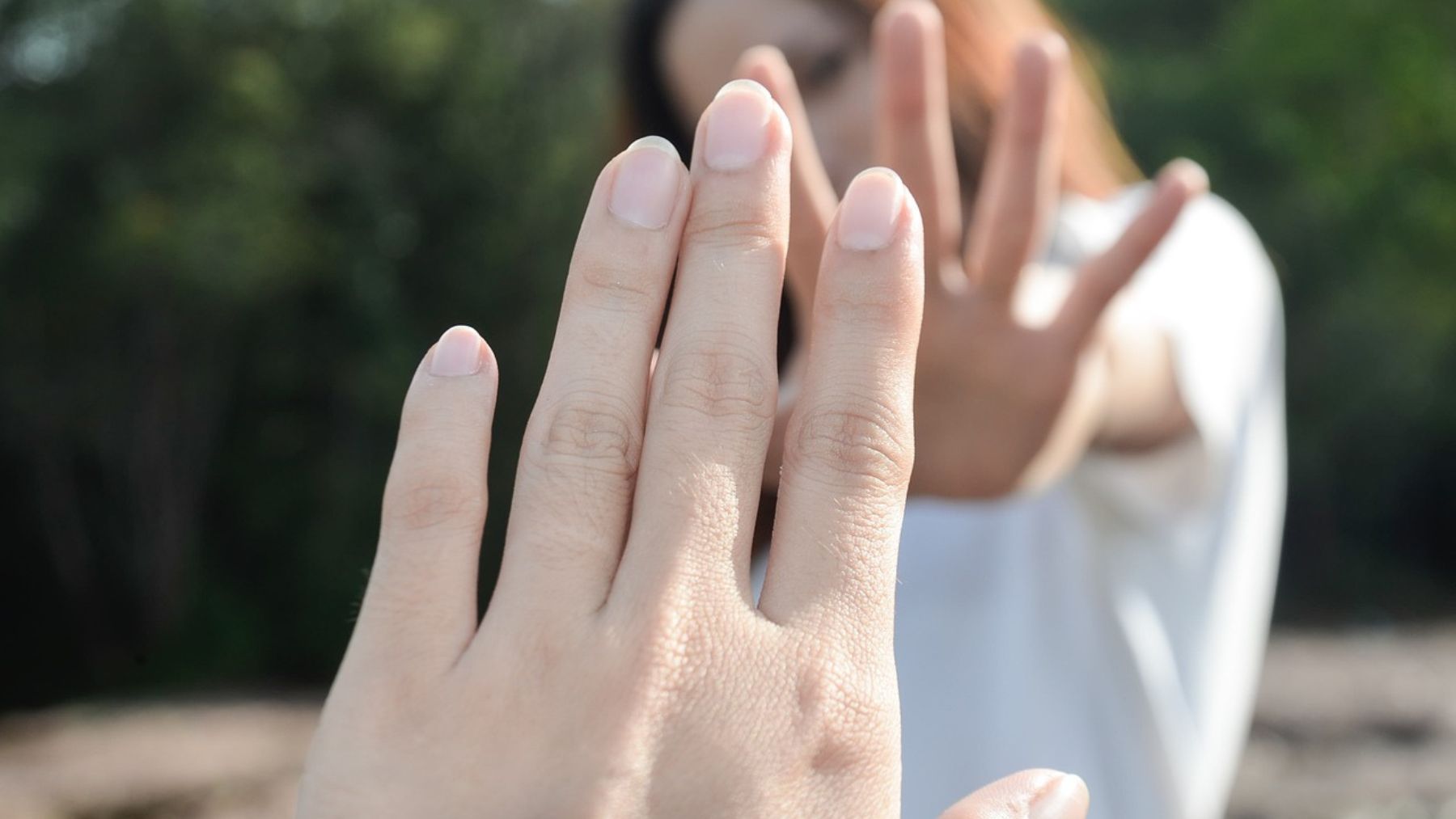Friendships play a vital role in our lives, shaping our mental health and overall happiness. However, according to psychologists, not all friendships are created equal. Some relationships can drain your energy, hinder your growth, or even harm your well-being.
To protect your mental health and emotional stability, experts recommend steering clear of specific types of people. Let’s dive into the nine types of friends you might want to avoid to prioritize your happiness.
1. The chronic pessimist
Negativity can be contagious. Friends who always see the glass half empty can bring you down. Whether it’s complaining about the weather or finding faults in your achievements, their pessimism can impact your mental health. Surrounding yourself with optimistic and supportive friends can make a world of difference.
2. The critic
While constructive feedback is valuable, constant criticism can chip away at your self-esteem. Friends who always focus on your flaws can create a toxic dynamic. A healthy friendship should uplift and inspire growth, not make you feel inadequate. If criticism becomes the norm, it’s worth reconsidering the friendship.
3. The jealous friend
Jealousy can poison a friendship. A friend who consistently envies your achievements or belittles your success can make you feel unsupported. Healthy friendships thrive on mutual celebration and respect. If jealousy creates competition or negativity, it might be time to distance yourself.
4. The energy vampire
Ever had a friend who leaves you feeling drained after every interaction? These energy vampires. They constantly lean on you for emotional support but disappear when you need them. Relationships should be reciprocal, and one-sided friendships can lead to burnout. Protect your energy by setting boundaries with these types of friends.
5. The narcissist
Narcissists are more than just self-centered; they often lack empathy and crave constant admiration. If a friend consistently dismisses your feelings or makes everything about them, it may be time to reassess the relationship.
6. The dishonest one
Trust is the foundation of any meaningful relationship. A friend who lies or hides the truth can create an atmosphere of doubt and mistrust. If dishonesty becomes a recurring theme, evaluate whether this friendship aligns with your values.
7. The fair-weather friend
A true friend stands by you in both good and bad times. Fair-weather friends, however, disappear during hardships and only show up for the celebrations. This lack of reliability can leave you feeling isolated when you need support the most. Prioritize friendships with people who are there through thick and thin.
8. The complacent one
Friendships should inspire you to evolve. A complacent friend who resists change or growth can hinder your own progress. While it’s important to accept friends as they are, surrounding yourself with people who motivate you can make a significant difference in your journey.
9. The guilt-tripper
Emotional manipulation has no place in a healthy friendship. Guilt-tripping is a tactic some friends use to control your actions. Recognize this behavior and prioritize relationships built on mutual respect.
Ending a friendship is never easy, but your well-being should come first. Psychologists remind us that our environment, including the people we surround ourselves with, greatly impacts our mental health. Take a moment to reflect on your current friendships. If any of these behaviors sound familiar, it may be time to set boundaries or move on. Remember that you deserve friends who uplift, support, and encourage your growth.
